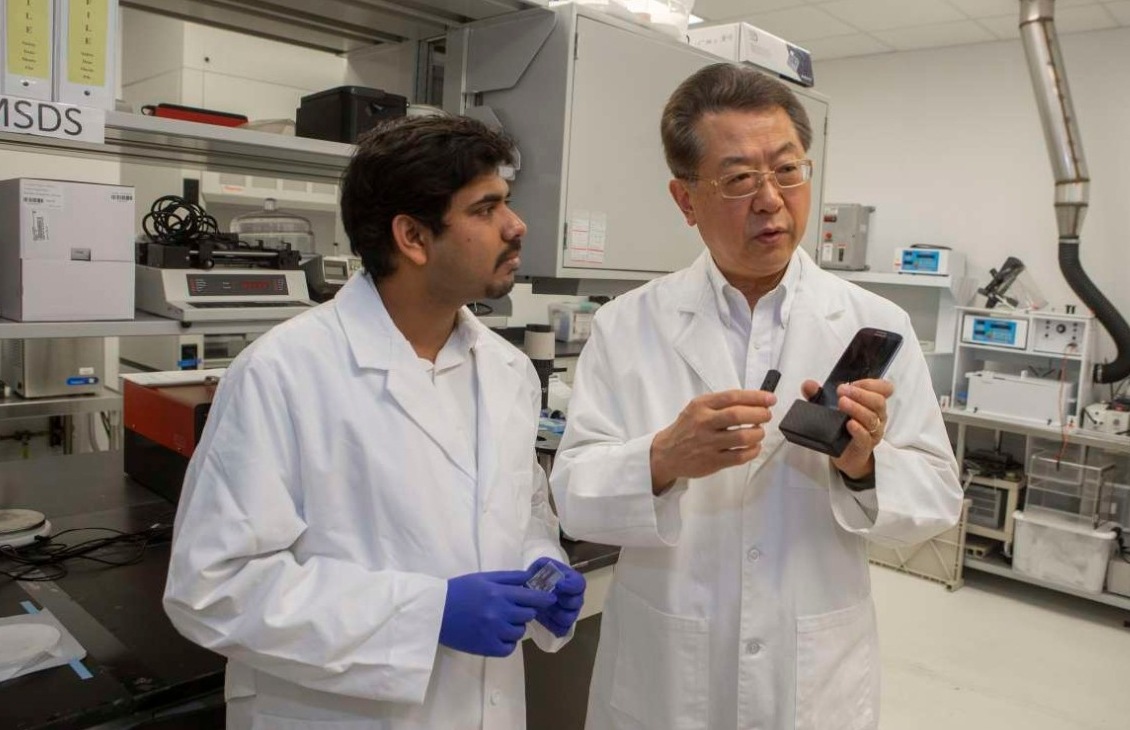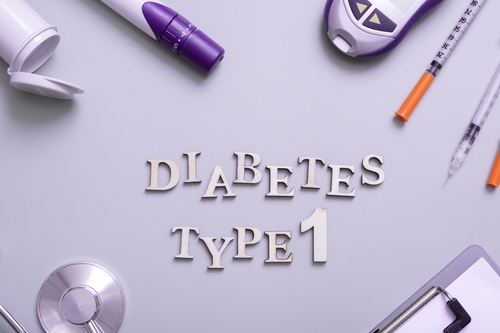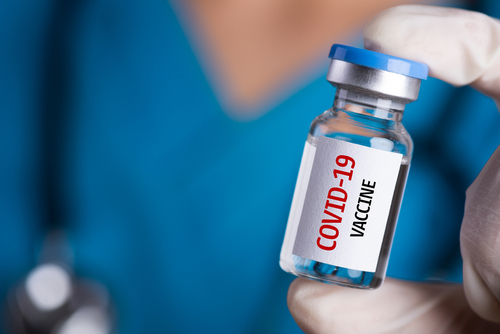
Researchers have recently created a portable lab that connects to a smartphone to diagnose diseases like coronavirus, Lyme disease, and even mental health conditions like depression. This device, made by a group of engineers from the University of Cincinnati, makes such diagnoses by analyzing saliva and connecting with a physician through a custom app. A study summarizing the team’s findings was recently published in the Nature journal Microsystems & Nanoengineering.
The lab is in the form of a single-use, credit card-sized chip that is placed into the user’s mouth to take a saliva sample that will be used to test for various diseases. The results of this saliva analysis are then transmitted to the patient’s physician through an app created by the University of Cincinnati researchers to generate nearly instantaneous results.
Research team leader Chong Ahn and colleagues used the mobile health technology to test for malaria, however, they report that it could be used for point-of-care diagnosis of many diseases and that it can even measure hormones linked to stress.
“Right now it takes several hours or even days to diagnose in a lab, even when people are showing symptoms. The disease can spread,” said Ahn, who describes the device as being accurate, simple, and cost-efficient.
“The performance is comparable to laboratory tests,” he continued. “The cost is cheaper. And it’s user-friendly. We wanted to make it simple so anyone could use it without training or support.”
The diagnostic device created by Ahn’s team leverages natural capillary action to pull a sample through a microchannel assay. This system consists of two channels, one mixing the sample with freeze-dried detection antibodies and the other containing a freeze-dried luminescent material that reads the salivary results when the channels converge upon three sensors.
Sthitodhi Ghosh, lead author of the study and a doctoral student under Ahn at the University of Cincinnati, claimed that the device’s most significant feature is its unique microchannel design that can draw fluid through the sensors simply using capillary flow, a natural property in which liquid adheres to narrow spaces.
“The entire test takes place on the chip automatically. You don’t have to do anything. This is the future of personal healthcare,” noted Ghosh.
This microfluidic chip has eminent potential in screening for infectious diseases but Ahn sees the device as one that could have implications in mental health as well. This would be particularly impactful, being that physicians already use smartphones to track patients.
“Everybody has a phone – more than 3 billion people,” Ahn added. “So how can we use that technology to test for infectious diseases such as coronavirus? It’s a rapid diagnostic tool you can use at home. Right now it takes several hours or even days to diagnose in a lab, even when people are showing symptoms. The disease can spread.”
Featured Image via the University of Cincinnati
SciTechDaily Portable Smartphone Lab Can Diagnose Illnesses Like Coronavirus & HIV – Delivers Test Results in ‘Spit’ Second: Engineers with the University of Cincinnati have created a tiny portable… https://t.co/pq7ycAJ6sm #Health #BiomedicalEngineering #HIV Via @SciTechDaily1 pic.twitter.com/hl4HapSjlQ
— NanoTrac Technologies (@nanotrac) February 6, 2020







 © 2025 Mashup Media, LLC, a Formedics Property. All Rights Reserved.
© 2025 Mashup Media, LLC, a Formedics Property. All Rights Reserved.